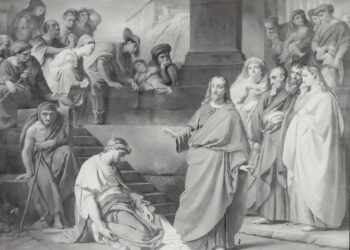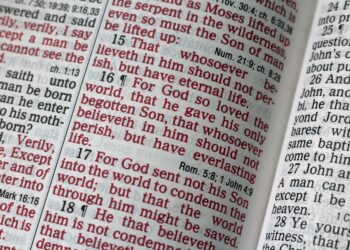The Quran, also known as the Holy Quran, is the central religious text of Islam. It is considered by Muslims to be the literal word of God, revealed to the Prophet Muhammad through the angel Gabriel over a period of 23 years. The Quran is a comprehensive guidebook for Muslims, providing guidance on a wide range of topics including spirituality, morality, and social justice. In this blog post, we will explore the role of the Quran in Islamic teachings and practices.
At its core, the Quran serves as a source of guidance and inspiration for Muslims. It addresses issues related to faith, worship, and ethical conduct. The Quran provides Muslims with a framework to lead a righteous and fulfilling life. Muslims believe that following the teachings of the Quran leads to spiritual enlightenment and the attainment of salvation.
The Quran is divided into 114 chapters, or surahs, which are further subdivided into verses, or ayahs. Each surah and verse carries its unique message and significance. Muslims are encouraged to recite the Quran regularly in order to deepen their understanding of its teachings and to draw closer to God. Recitation of the Quran is considered to be a form of worship and is highly regarded in Islamic tradition.
Muslims believe that the Quran is a comprehensive guide that addresses all aspects of life. It provides guidance on matters of faith, such as the oneness of God, the importance of prayer, and the belief in the Day of Judgment. The Quran also covers a wide range of social and ethical issues, including family life, marriage, and business transactions. The Quran’s teachings on these matters provide Muslims with a moral compass and guide their decision-making process.
Moreover, the Quran plays a central role in Islamic rituals and practices. Muslims are required to perform five daily prayers, known as Salah, which involves reciting specific verses from the Quran. This helps Muslims to establish a connection with God and reinforce their faith. The Quran is also recited during the Friday congregational prayer, known as Jummah, where a portion of it is recited in a sermon delivered by the imam.
During the holy month of Ramadan, Muslims observe fasting from dawn until sunset. They dedicate a significant amount of time to reciting and reflecting on the Quran during this month. Many Muslims attempt to complete the recitation of the entire Quran during the course of Ramadan. This serves as a means of spiritual purification and a way to seek the blessings of God.
Islamic scholars and scholars of the Quran, known as qaris, devote their lives to studying and reflecting on the Quran. They play a crucial role in interpreting the Quran’s teachings and providing guidance to Muslims. Their insights help individuals understand the context and nuances of verses, ensuring that the teachings of the Quran are properly understood and applied.
The Quran also serves as a source of unity among Muslims. Although Islam is a diverse religion with various interpretations and practices, the Quran acts as a unifying force. It serves as a common guide that all Muslims turn to, regardless of their cultural or ethnic backgrounds. The recitation of the Quran in Arabic, the language in which it was revealed, allows Muslims from different parts of the world to connect and unite.
In conclusion, the Quran occupies a central position in Islamic teachings and practices. It serves as a comprehensive guidebook for Muslims, addressing matters of faith, morality, and conduct. The Quran plays a vital role in Islamic rituals and prayer, guiding Muslims in their worship and connection with God. Additionally, the Quran serves as a source of unity, transcending cultural and geographic boundaries. Its teachings continue to inspire millions of Muslims worldwide, shaping their beliefs, actions, and worldview.













